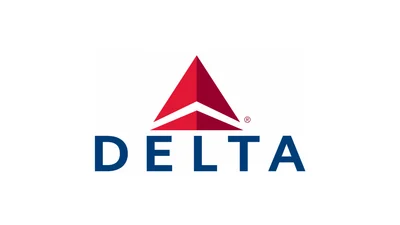Not all airplanes have the capability to dump fuel. Typically, only large, long-range commercial aircraft—such as the Airbus A330, A340, A350, A380 and Boeing 747, 767, 777, 787—are equipped with these systems. Narrow-body jets like the Boeing 737 and Airbus A320 families usually lack this feature since they are designed to land at or near their take-off weight if necessary.
Military cargo planes and tankers also have fuel dumping abilities for operational flexibility and emergencies. These aircraft may use manual methods like releasing external tanks rather than dedicated jettison systems.
The process itself involves pilots activating controls from the cockpit that expel fuel through nozzles near the wingtips. This creates a fine mist that promotes rapid evaporation when released at high altitudes (generally above 5,000–10,000 feet). Pilots must coordinate with air traffic control before dumping fuel and avoid populated areas or sensitive environments whenever possible.
According to FAA guidance: "On rare occasions, due to emergencies, aircraft in the National Airspace System (NAS) must land before they have consumed most of their fuel, and therefore weigh too much to land safely. In these cases, pilots must dump enough fuel to bring the aircraft to a safe weight, as determined by the manufacturer’s limitations and airport conditions before landing. Under Federal Aviation Administration’s (FAA) guidance, such fuel dumps are to be performed over remote or oceanic areas, or at an altitude at which the jettisoned fuel can atomize before reaching the ground. However, in dire emergencies, when the lives of the crew and passengers are at risk, pilots have the discretion to monitor circumstances and bypass guidance to ensure a safe landing for the aircraft and passengers aboard."
Environmental concerns remain significant since aviation fuels contain kerosene-based hydrocarbons that contribute to air pollution if not fully evaporated before reaching ground level. Regulatory bodies such as the US Environmental Protection Agency (EPA) and European Aviation Safety Agency (EASA) monitor these events closely.
While most instances of fuel dumping occur without incident over unpopulated areas or oceans—for example during British Airways’ Boeing 747 emergency return from Los Angeles in 2002 or Singapore Airlines’ Airbus A380 engine failure at Singapore Changi Airport in 2010—some cases have raised public concern. In January 2020 a Delta Air Lines Boeing 777 dumped more than 15,000 pounds of fuel over Los Angeles neighborhoods while returning after an engine issue shortly after takeoff from LAX; dozens on the ground experienced skin irritation prompting investigations by authorities and legal action resulting in Delta agreeing to a $79 million settlement.
These incidents have increased media attention on both safety protocols and environmental implications related to aviation practices such as emergency fuel dumping.
 Alerts Sign-up
Alerts Sign-up



































